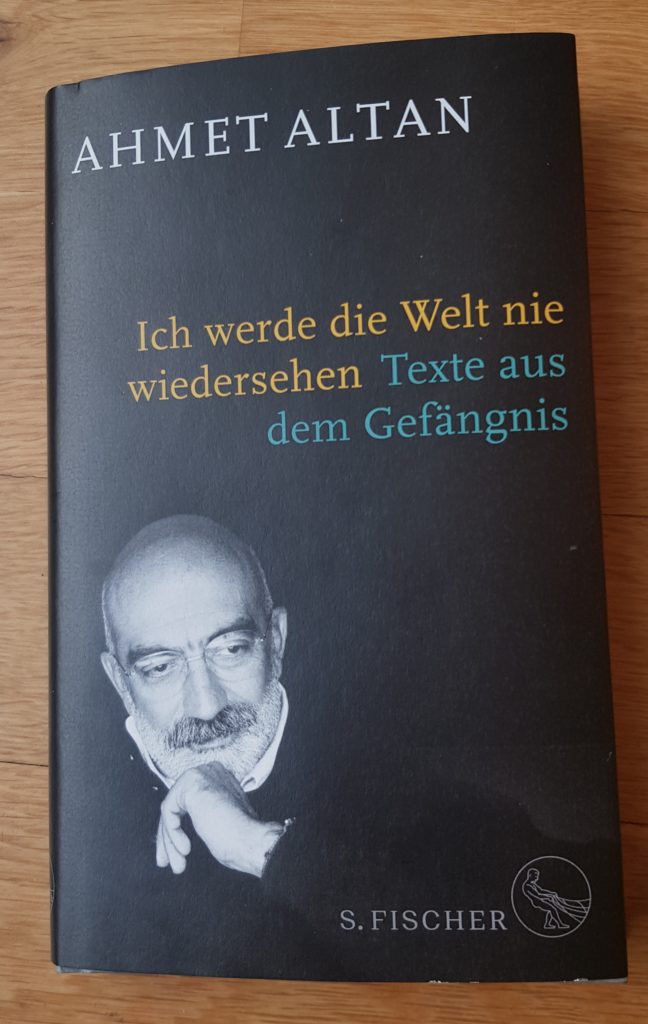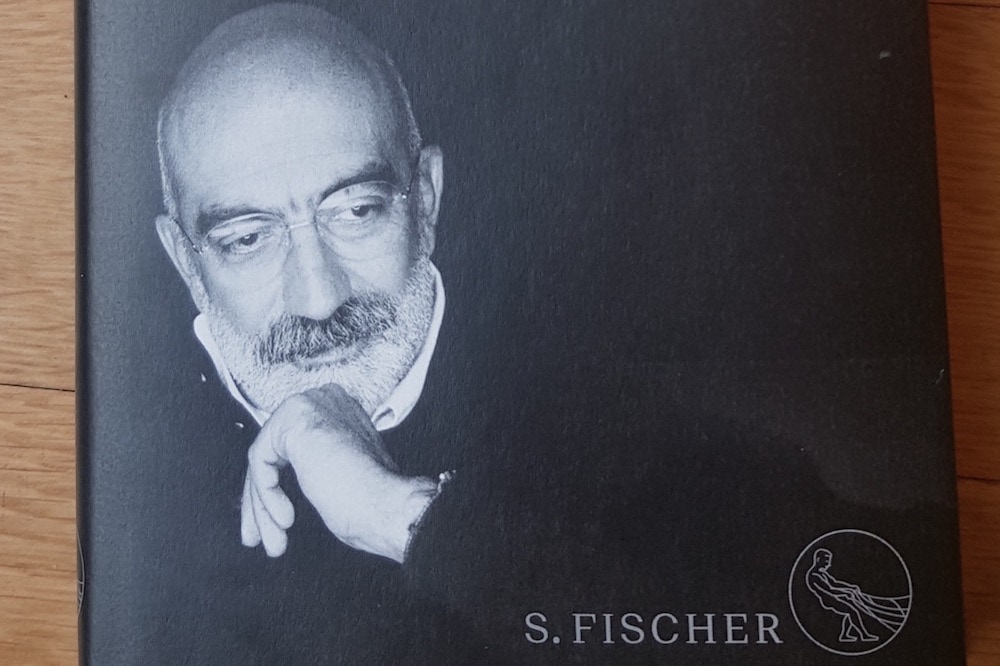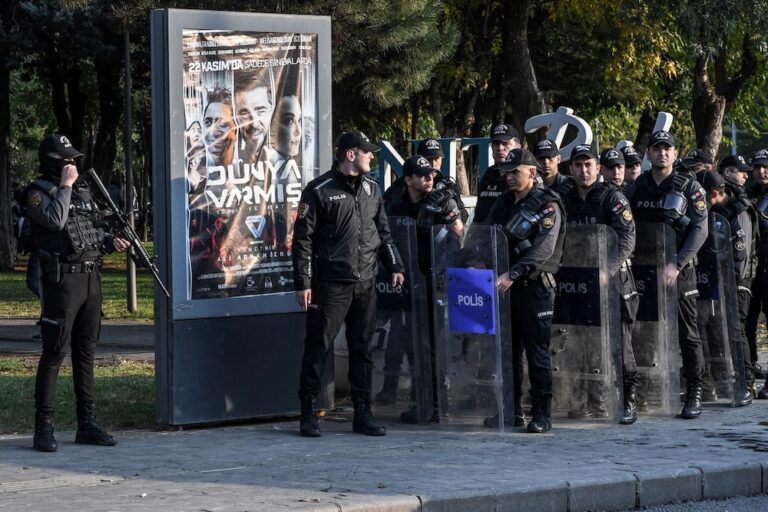Noting that there was no indication that Altan’s actions had been part of a deliberate plan to overthrow the government, the ECtHR ruled that Altan has been unlawfully detained and accused without reasonable suspicion of involvement in an illegal organisation and the 2016 attempted coup.
This statement was originally published on expressioninterrupted.com on 13 April 2021.
Noting that there was no indication that Altan’s actions had been part of a deliberate plan to overthrow the government, the European Court rules Altan has been unlawfully detained and accused without reasonable suspicion of involvement in an illegal organization and the attempted coup
The European Court of Human Rights (ECtHR) issued its judgment concerning the application of jailed novelist and journalist Ahmet Altan on 13 April 2021, finding violations of the right to liberty and security and freedom of expression in the case, pending before the Court since January 2017.
In its Chamber judgment, the Strasbourg Court held by a majority of 6 votes to 1 that Altan’s pre-trial detention violated his right to liberty and security (Article 5/1 of the European Convention on Human Rights) and his freedom of expression (Article 10).
The internationally acclaimed novelist and the founder and former Editor-in-Chief of the now defunct Taraf newspaper has been in pre-trial detention since September 2016 on charges stemming from three articles he wrote in 2016 and his televised political commentary prior to the 15 July 2016 coup attempt.
The Court concluded that there had been a violation of Article 5/1 on account of the lack of reasonable suspicion that Altan had committed a criminal offense.
“The Court found in particular that there was no evidence that Altan had been part of a plan to overthrow the government. It therefore considered that the actions in question could not be regarded as capable of grounding a ‘reasonable suspicion’ that the applicant had committed the alleged criminal offences. It noted that the measures complained of in the present case could not be said to have been strictly required by the exigencies of the attempted coup and its aftermath,” the judgment read.
“The Court found that Altan’s criticisms of the President’s political approach could not be seen as an indication that he had had prior knowledge of the attempted coup.
“Furthermore, the Court noted that the applicant’s pre-trial detention had been ordered four years after the “Balyoz” case [referring to the alleged attempted coup]. It had thus not been a necessary measure. There had also been no evidence that Taraf had taken instructions from an illegal organization. Concerning the applicant’s articles, the Court stated that taken as a whole they would not have convinced an objective observer that he might have committed the offences for which he had been placed in pre-trial detention.
“Ultimately, the fact that the applicant had warned the public about a potential coup or civil war could not justify his pre-trial detention,” the Court wrote.
Reiterating that freedom of expression, including freedom of the press, constituted one of the essential foundations of a democratic society, the Court wrote that the substantial sentence Altan was given on the charge of “knowingly aiding and abetting a terrorist organization” constituted an interference with his freedom of expression and since his detention was not based on a reasonable suspicion, this interference could not be justified in law.
The Court ruled unanimously that the restriction on access to the investigation file, which restricted the possibility to effectively challenge the allegations against him, violated Altan’s right to have the lawfulness of his detention decided speedily by court (Article 5/4).
However, the Court found no violation of Article 5/4 in respect of the speed of the judicial review of Altan’s detention, concluding unanimously that due to the complexity and number of cases before the courts after the attempted coup, and the state of emergency, the 15-month delay was “acceptable.”
By a majority of 6 votes to 1, the Court found no violation of Article 18 (limitation on the use of restrictions of rights) in conjunction with Article 5, “as it had not been established beyond doubt that the applicant’s pre-trial detention had been ordered for a purpose not prescribed by the Convention.”
Despite accepting that Altan’s detention based on serious charges “had a chilling effect on the applicant’s willingness to express his views in public and was liable to create a climate of self-censorship affecting him and all journalists reporting and commenting on the running of the government and on various political issues of the day,” the Court held that “nevertheless, this finding is insufficient by itself to conclude that there has been a violation of Article 18.”
Concerning Altan’s complaint that he did not have access to an effective remedy by which to obtain compensation, the Court held unanimously that there had been a violation of Article 5/5 (right to liberty and security) taken in conjunction with Article 5/1 and 5/4.
The Court ordered a compensation of 16,000 euros in non-pecuniary damages.
The European Court of Human Rights judgment concerning Ahmet Altan’s application can be found here.
Further information on the charges against Ahmet Altan can be found here.

Ahmet Altan’s portrait on the cover of his book “I will never see the world again”, 13 February 2019, InTo MüBu/Flickr, Attribution-NoDerivs 2.0 Generic (CC BY-ND 2.0)



